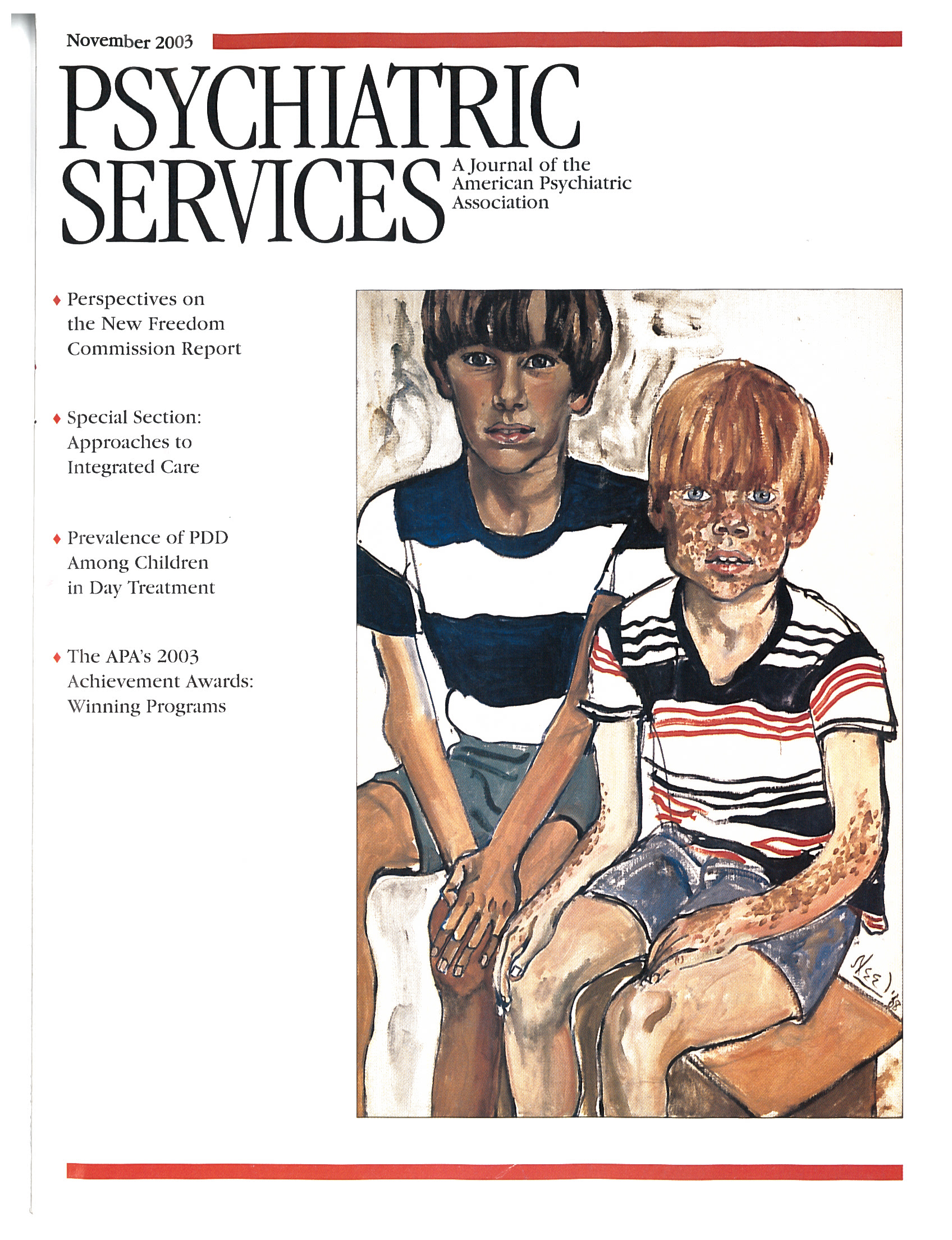It is laudable when heterosexual therapists say, "I treat my gay patients just as I do my straight ones." However, therapists sometimes need to be reminded that growing up gay can be a different cultural experience than growing up heterosexual. In other words, there are specific issues that inevitably come up for patients who are members of a sexual minority of which therapists in the heterosexual majority may be unaware. This point is repeatedly driven home by David E. Greenan and Gil Tunnell in Couple Therapy With Gay Men.
The authors come across as skilled and knowledgeable therapists who offer a practical model for treating an underserved and often misunderstood patient population. The first two chapters cover developmental theory about the experience of growing up gay. Here the authors walk a fine line between trying to describe what it is like to be gay and trying to avoid giving the impression that being gay leads to greater psychopathology. Nevertheless, both here and later in the book, the authors succeed in heightening the reader's awareness of the potential impact of antihomosexual bias. As the authors note, it often takes a community to sustain a couple, and, because of prejudice, many gay couples lack supportive networks. The book also illustrates how the unconventional couple can provide insights about what constitutes a functioning relationship.
The authors work in the structural family therapy model of Salvador Minuchin, which is described in chapter 3. Their clinical approach focuses on what they see as the three major components of couples treatment: joining (developing a relationship with the couple), enactments (being drawn into the couple's interpersonal style of relating), and unbalancing (therapeutic interventions). Detailed clinical summaries—some as engaging as a novel—and process notes provide illustrations of how each of these unfold. Theoretical discussions, on the other hand, are sometimes written in an unnecessarily jargony manner.
The book offers concrete and useful suggestions. It raises thoughtful and provocative ideas, in particular the role of monogamy—or its absence—in gay relationships. Whether or not one agrees with the authors' conclusions, Couple Therapy With Gay Men deserves credit for addressing this issue in a straightforward manner.
The book's intended audience appears to be heterosexual family therapists who have had little or no experience working with gay couples. However, even therapists who are experienced in this area will find the book useful. In an effort to help heterosexual therapists better understand gay men, the book occasionally takes on a preachy tone. Just as the authors caution therapists not to be too active in doing the work for the couple, they would have done well to follow their own advice and let readers sift through the facts to reach their own—hopefully sensible—conclusions.
For readers who are unfamiliar with conducting gay couples therapy, this book is a good place to start. For anyone interested in couples therapy in general, this book is a good read.

